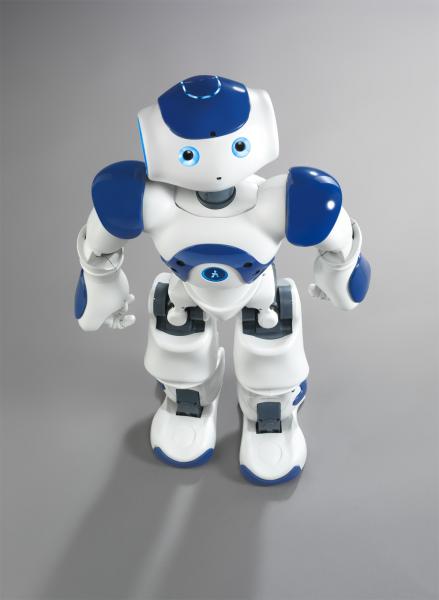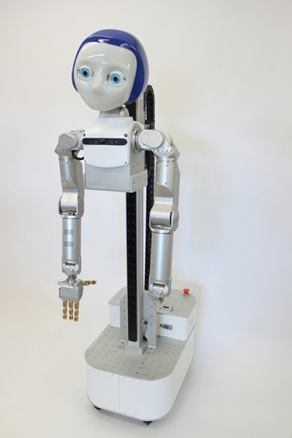My research aims to design a robotic system with social abilities that exhibits personality and emotions through the use of verbal, non-verbal (e.g., gestures) and para-verbal (e.g. pitch, volume) communication so as to help people with physical and cognitive impairments, living alone and suffering from depression or not. Thus, the goal of this project is to improve quality of life of the users; this is done through the use of a robotic agent that supervises, encourages, and engages the users as they perform tasks such as rehabilitation, physical therapy, and cognitive stimulation. This research, by its very nature, aims to impact the vulnerable populations. The research work proposed is innovative as it addresses the role of customized therapy that can allow for continuous monitoring of the user's physical/cognitive status and of providing structure, guidance, reminders, motivation, and training and beyond through the use of combined, noninvasive, and affordable sensing, tracking, and robotics technologies.
The long term research plan focuses and treats some of the following research questions:
- human-user modeling (e.g., gestures and postures classification and modeling);
- developing new algorithms for automatic and incremental learning of different concepts, such as space and situations, and tasks, such as navigation and human-robot cooperation;
- user physiological data modeling and interpretation;
- signal processing for verbal and para-verbal communication in human-robot interaction;
- developing learning algorithms and behavior control architectures that model, embody, and evolve with human user preferences, profile, and physical/cognitive disability level;
- understanding and modeling of social and cognitive sciences results so as to obtain more realistic, reliable, and robust solution for robotics.


